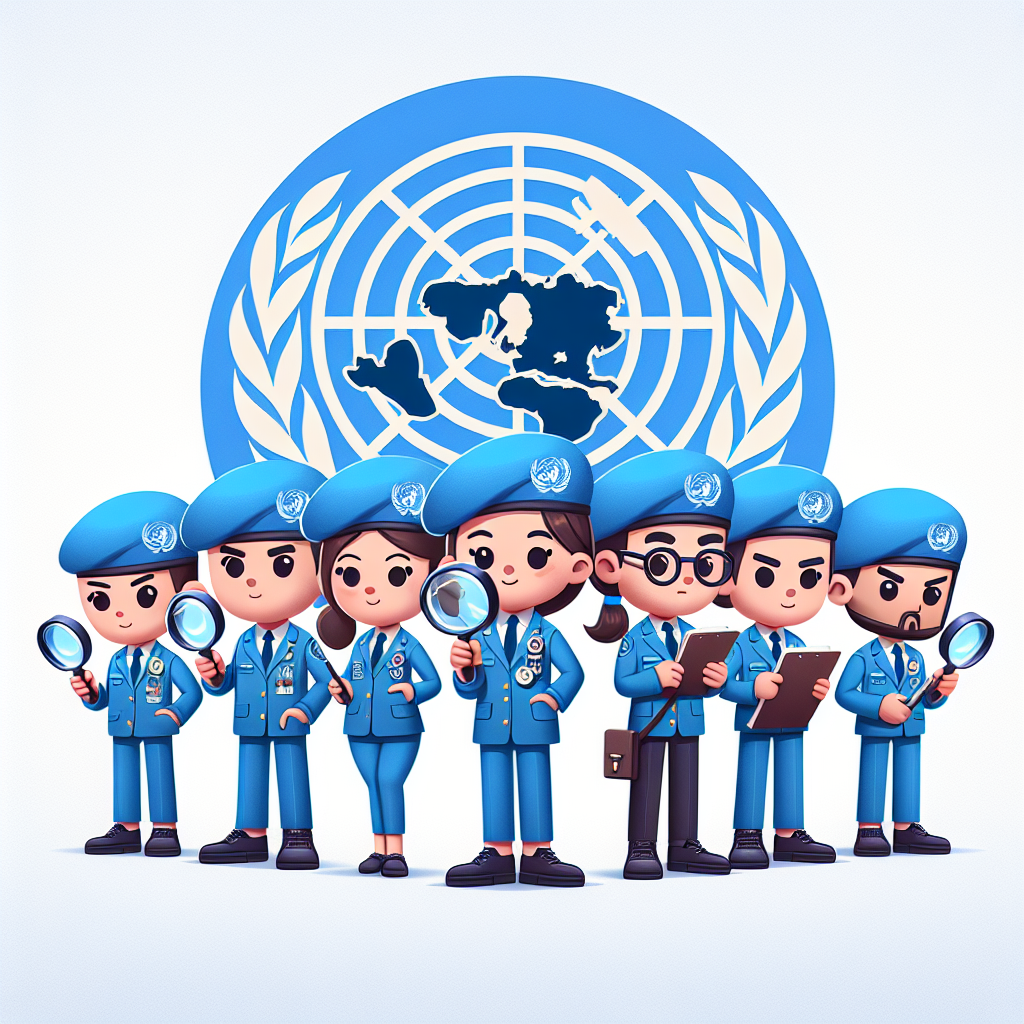United Nations Pushes for Enhanced Gang Suppression Force in Haiti Amidst Criticism
The UN Security Council is discussing a draft resolution to strengthen an international force in Haiti against gangs controlling Port-au-Prince. Proposed by the US and Panama, the plan transitions the Multinational Security Support mission into the Gang Suppression Force but faces criticism over funding clarity and leadership structure.

The United Nations Security Council commenced discussions on Friday regarding a draft resolution that aims to bolster an international force battling armed gangs in Haiti. However, security experts in Haiti have indicated that the proposal lacks necessary clarity. Currently, armed gangs have seized control over nearly all of Port-au-Prince, Haiti's capital, which has resulted in the displacement of 1.3 million residents, the deaths of thousands, and severe hunger levels.
Proposed by the United States and Panama, the draft resolution seeks to transition the existing Multinational Security Support mission into a more potent Gang Suppression Force. While the current mission, led by Kenyan police, suffers from inadequate funding and staffing, the new force would rely on voluntary international contributions, with command by a Standing Group comprising of contributing nations, the United States, and Canada. Additionally, a U.N. field office is set to be established in Port-au-Prince.
Despite being aimed at improving security, the new plan has attracted scrutiny for its ambiguous funding sources and its failure to tackle underlying issues. Security experts like Ricardo Germain have raised concerns over leadership methodology, worrying that negative experiences like Kenya's might hinder recruitment for new leadership. The exclusion of Haiti from the Standing Group has raised sovereignty concerns. Additionally, past U.N. missions faced controversies, further complicating the situation.
(With inputs from agencies.)










